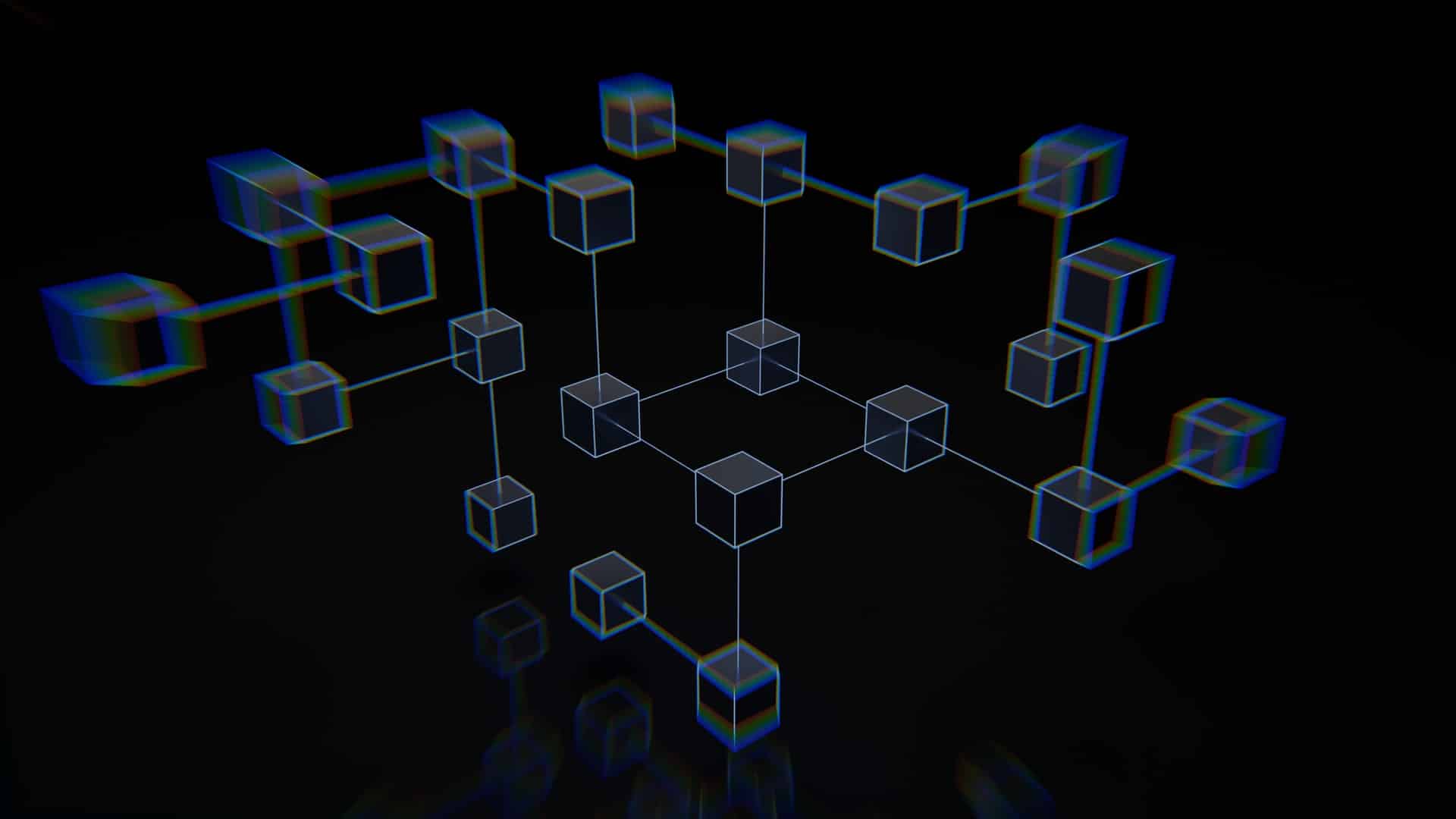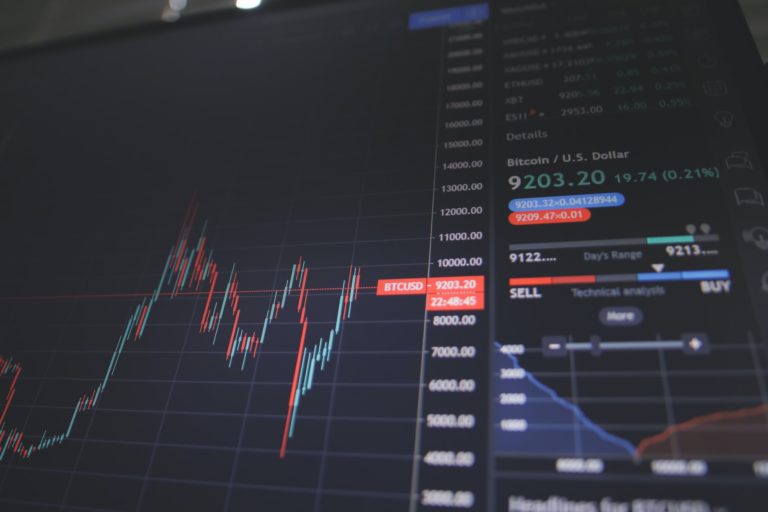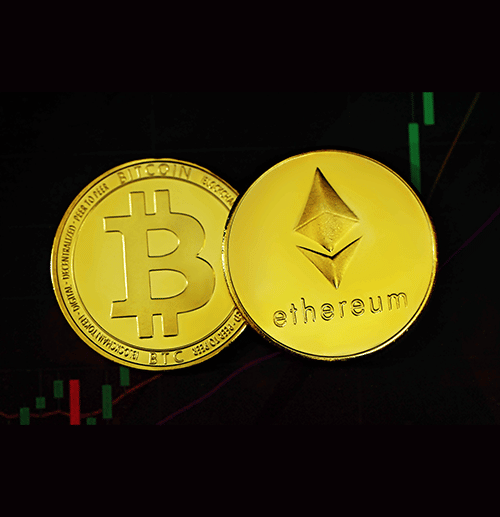As blockchain continues to grow, there is an increasing demand for regulations to prevent fraudulent scams, such as artificially inflated projects for which funding is removed in a “Pump and Dump” scheme. With the cry for change growing louder, there has been a push for a type of funding mechanism known as a Decentralized Autonomous Organization, or “DAO.” A DAO would apply both to peer-to-peer transactions and to much larger collective projects.
In this article, we will discuss blockchain-based DAOs, and how they can serve as an alternative to traditional crowdfunding methods. We will analyze the pros and cons of blockchain-based crowdfunding, and explore how these organizations are transforming fundraising.
Whether you are a startup looking for funding or simply want to learn more about blockchain-based fundraising, this article is for you.
What is a blockchain-based DAO?
A blockchain-based DAO is an organization represented by rules encoded as a computer program that is transparent. It is controlled by the organization members, without influenced by a central government. In other words, DAOs are small member-owned communities with transparent governance structures, powered by blockchain technology that oversees transactions – much like a committee or a Board of Directors.
There are many types of blockchain-based DAOs, but all share some common features. First, blockchain DAOs are decentralized, meaning there is no central authority or government that controls them. Instead, they are controlled by a committee that enforces rulings and provides a digital ledger to track interactions across the internet. This can eliminate other third party verification and the need for repeated recordings of transactions, thus providing more time and certainly for mining cryptocurrencies..
So how does this relate to crowdfunding?
Blockchain-based DAOs have the potential to revolutionize fundraising. Traditional crowdfunding platforms like Kickstarter and GoFundMe, which are centralized, can be difficult to navigate and are often plagued with fraud and high fees because there are too many hands in the pie, each wanting their own slice. In contrast, blockchain-based DAOs are transparent and efficient, and allow anyone in the world to contribute to a cause or project. Benefits from using this method include lower costs, increased transparency and accessibility, and better funding distribution.
There are a number of blockchain-based DAOs that have been successful in the fundraising space, including the Augur and Bancor networks. The downside of this methodology is the volatility of cryptocurrency. With blockchain-based DAOs, fundraising goals must be reached in a specified period of time and, failing that, the funds are returned to the contributors.
This could result in failed projects if the market crashes soon after fundraising begins. Because blockchain-based DAOs are still in their infancy, it may be difficult to navigate this ecosystem and determine how to launch a successful crowdfunding campaign. Apparent success could be fleeting, and would depend on successfully achieving the continual need to meet deadlines.
But as this space continues to evolve, blockchain-based DAOs are transforming the way fundraising occurs, and DAOs have huge potential to disrupt traditional methods of fundraising – not only by reducing costs, but also by keeping users safe and free to explore more transactions.
Do you think blockchain-based DAOs could replace traditional crowdfunding methods? Will they simply fizzle out? Why or why not? Let us know in the comments below!
Sign up to receive regular updates on everything virtual at https://www.virtualtimes.com





